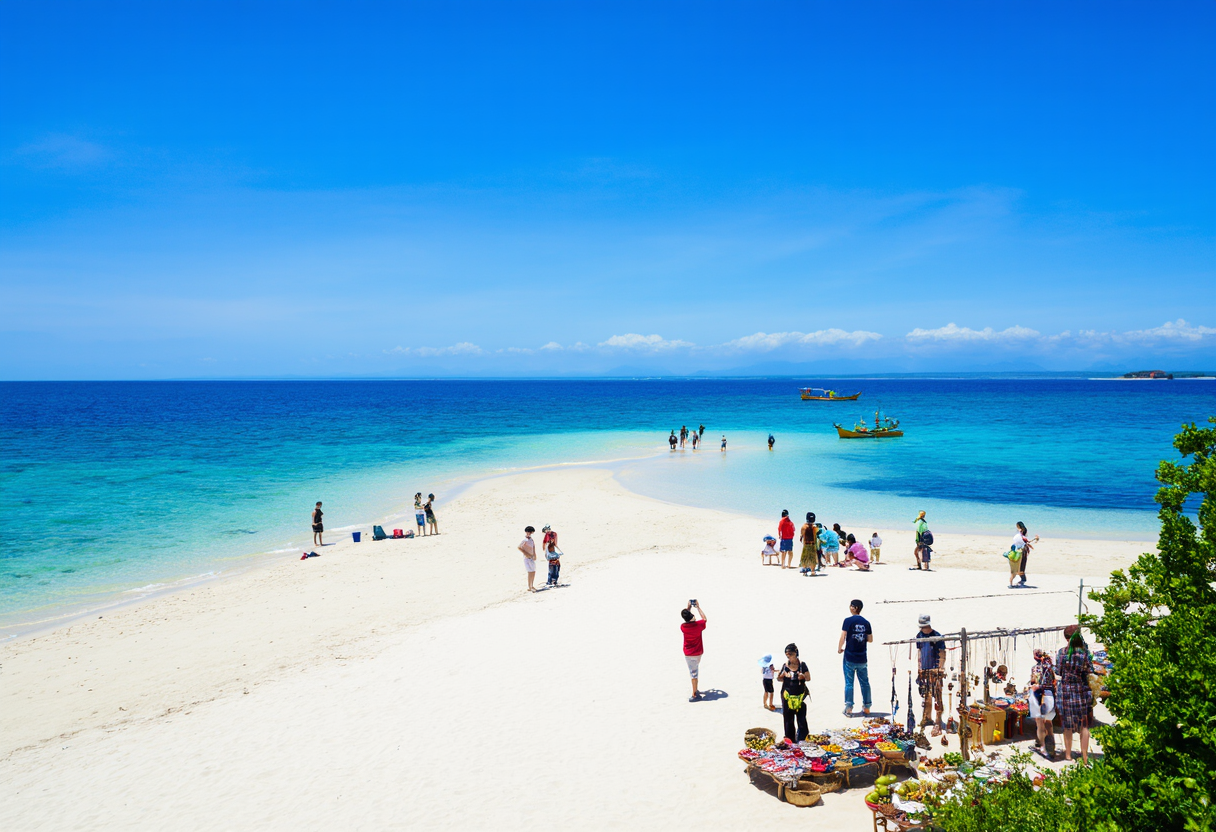The Unseen Value of Island Tourism: How It Shapes Economies and Cultures
Island tourism is often seen as a mere escape, but its impact extends far beyond vacation photos. From economic boosts to cultural exchanges, island tourism plays a significant role in shaping societies. This exploration uncovers the multi-faceted benefits of island tourism, emphasizing its importance in the global travel landscape.
Understanding the Economics of Island Tourism
Island tourism serves as a vital income source for many nations. These destinations often rely heavily on revenue generated from foreign visitors. An examination of the economic implications reveals that island tourism not only enhances local job opportunities but also fosters entrepreneurship. For instance, local businesses such as restaurants, shops, and tour agencies thrive thanks to the influx of tourists. Moreover, every dollar spent by visitors generates a ripple effect within the community. The financial sustainability of islands hinges on how effectively they capitalize on this tourism influx. However, it's essential to balance tourism with local needs to maintain cultural integrity and environmental sustainability.
Cultural Exchanges Fostered by Island Tourism
The rich tapestry of local cultures is often showcased through island tourism. Visitors are exposed to unique traditions, culinary practices, and artistic expressions, which can lead to cultural exchanges that benefit both tourists and locals. For example, local festivals and crafts gain international visibility through tourism, helping preserve these cultural gems. Conversely, locals can experience new perspectives and ideas that tourists bring. International cultural appreciation allows for deeper connections between visitors and island communities, emphasizing the role of island tourism in fostering global understanding.
The Environmental Impact of Island Tourism
While island tourism brings revenue, it also raises concerns about environmental sustainability. Increased foot traffic can lead to habitat destruction and pollution if not managed properly. It's crucial for island destinations to implement sustainable tourism practices. This includes promoting eco-friendly accommodations and conservation efforts. There’s an opportunity here for innovative solutions such as carbon offset initiatives and guided eco-tours. Balancing tourism growth with environmental preservation must remain a priority for the long-term viability of island tourism, ensuring that these beautiful locales remain unspoiled.
Challenges and Opportunities in Island Tourism
Island tourism presents unique challenges, from natural disasters to global issues like pandemics. These risks can threaten the dependability of tourism, making islands vulnerable. Yet with challenges come opportunities for resilience. Developing diversified tourism offerings can attract a broader range of travelers. This flexibility can enhance recovery plans after adverse events. Investment in infrastructure and marketing strategies can help promote islands as safe and appealing destinations, adapting to changing market dynamics.
The Future of Island Tourism
As we look ahead, the future of island tourism appears promising yet complicated. Technology will likely play a significant role, especially in enhancing travel experiences through personalized options and virtual tours. Additionally, there is an increasing consumer preference for sustainable travel, indicating that island tourism must adapt to remain relevant. Innovations in transportation and hospitality tailored to eco-conscious tourists could redefine how these destinations are perceived. Embracing technology and sustainability will be key to keeping island tourism vibrant while addressing contemporary traveler concerns.
Conclusion: Embracing Island Tourism
In conclusion, island tourism is a multifaceted phenomenon that shapes not just economies but cultures and environments. The interplay between economic benefits, cultural exchanges, and sustainability challenges paints a complex picture. Stakeholders must recognize the unseen value of island tourism and prioritize sustainable practices to ensure a flourishing future. By doing so, they can harness its full potential, creating a harmonious balance between tourism growth and local needs.
